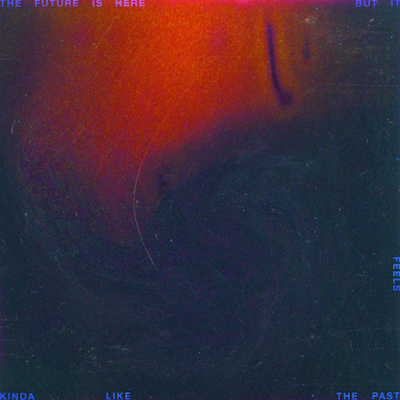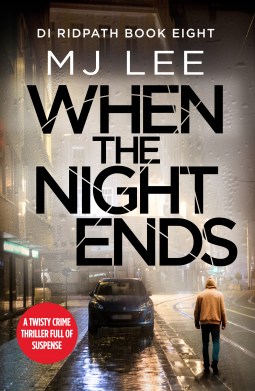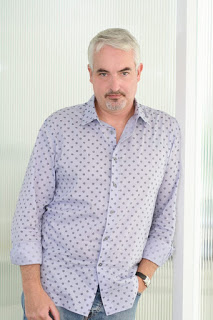The final entry in the Daniel Craig era of playing 007 came and went in November of 2021 after much fanfare and delay in release due to a pandemic that even MI6's finest could not contain.
Much was expected of the film with it being Craig's last foray in the tuxedo with us wondering would he be sipping on a martini by movie's end and how would they cope with the end of this window.
After finally getting to watch the film on Amazon Prime following the purchase by the global firm of the MGM catalogue, me and my wife tucked in on a Friday night after our six-month old went to bed and pressed play. For me it was as enjoyable a film watching experience I can recall in recent times, a joy of cinema going and a pleasure to watch capable film-makers marshal the telling of a story in homage and respect to a movie icon.
Icons are those rare beings, they stay with us no matter, they live on even when we pass, and the character James Bond has gone through six different iterations from the birth in 1962 under Sean Connery to the present date. We have known for some time this would be Craig's last performance as Iain Fleming's creation, and it does not disappoint.
A gripping pre-credits sequence focusing on Madeleine's youth where her mother is killed by a masked intruder to her home in Norway, then we are thrust into a romantic getaway for Madeleine and Bond in Italy which is quickly disrupted by Spectre with the ghosts of Bond's past - Vespa specifically - looming over him.
This leads to a dissolution of their relationship and a parting at a train station, we are then thrust five years into the future. Bond is living in Jamaica - a nod to where Iain Fleming wrote his character - he is essentially off the grid and retired from his job, when he is approached by an old friend, Felix Leiter (Jeffrey Wright) of the CIA who asks him to do a favour in Cuba. Therefore, the globe-trotting so familiar to a Bond film commences. Bond drops into Havana, where he meets Paloma (Ana de Armas - spellbinding in a brief 15 minute role), to take down a Spectre meeting. A great set piece follows culminating in a sinking at sea that Bond evades.
This leads Bond to return to London and meet M (Ralph Fiennes), who re-assigns him but without his moniker due to his retirement. This is the first of many permutations to make the viewer aware of the changes to Bond is having to endure be they an ever-changing world or the culmination of ageing as father time does not wait for anyone.
Throughout the film, you get the sense of Bond's ageing from how it takes him that little bit longer to recover from explosions he seems disorientated after a bomb explodes at a cemetery, with him struggling to regain his balance and equilibrium. Certain situations you get the sense of him struggling to comprehend and process the predicament such as a sinking ship, yet this is Bond we know he will triumph.
The climax of the film is so well handled as it portrays Bond as not merely an immortal icon but a man like all of us, fallible to mistakes, guilty of being overconfident and yet sentimental when love comes into the room.
No Time To Die is a fine send off to the Daniel Craig era, a self-reflexive work not just on his five films but the Bond oeuvre as a whole with a positive message to the importance of legacy and family heralded by the final song 'We Have All The Time in the World' by Louis Armstrong, originally performed in George Lazenby's solo outing On Her Majesty's Secret Service. You have to make time for family no matter what your job, even a world-saving spy needs a break from time to time.
No Time To Die is available to view on Amazon Prime. But I wish I saw it in the cinema.













